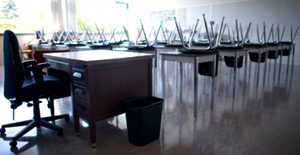Monday April 13, 2020 ~ BC
EDITORIAL by Mary Brooke, editor ~ West Shore Voice News
On this Monday of the Easter long weekend, BC Education Minister Rob Fleming issued an opinion-editorial for ‘Education Week’ about how the K-12 school system has rapidly adapted to COVID-19 conditions, during which — under order by the Provincial Health Officer — all regular in-classroom instruction was suspended. He called it ‘Extraordinary education initiatives during extraordinary times’.

Ahead of spring break, everyone involved with the primary, middle and secondary-school education communities wondered if students would return to classrooms after the two-week spring break that was scheduled to run March 14 to 29. Indeed, Friday the 13th was the last day of in-classroom instruction in BC, likely for the rest of the 2019-2020 academic year.
Spring break was the final break:
With students already at home on spring break, Education Minister Rob Fleming announced on March 17 that students and teachers would not be returning to classrooms on March 30. We kind of think back now to what students might have suddenly realized they left in their lockers, or behind on classroom walls.
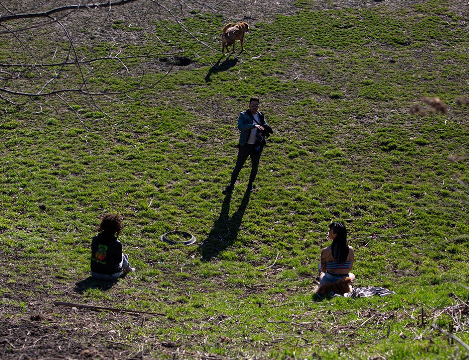
We don’t have any details yet as to what teachers or families were allowed to retrieve from school buildings during this phase of self-isolation and physical distancing. We did hear that Grade 12 students were understandably upset about now missing all things about grad season — those special sorts of memories that they won’t share with anyone who graduated prior to 2020.
Aspects of the changes were rolled out piece by piece by Minister Fleming that day. For Grade 12 students the impacts are probably the most significant. Minister Fleming was quick to include in his formal remarks that any Grade 12 student who had completed their graduation requirements to date (with any remaining things to be done in this months now ahead of June) would graduate; that not having Math 10 fundamentals were really the only thing standing in a graduate’s way was telling about how the education system has changed.
Bare bones revealed:
Other bare bones of how schools are about so much more than academics (and for SD62 in the west shore in particular, about sports) were suddenly revealed. There but not really seen was how much some low income families are supported by the school system — during COVID-19 meal programs have continued by delivery to homes, and households without computers or internet access were suddenly supplied. We’ve also seen how special needs students are no longer at the bottom of the heap but the top (they are continuing to receive in-classroom instruction, along with the children of COVID-19 frontline essential workers).
In a sense left to their own devices are the ‘regular’ students who are expected to accept a continued education through a variety of new means, developed on the fly by their classroom teachers in a week or two after spring break.
The BC curriculum is still in place (and ‘most of it is already online‘, said Fleming in his March 17 announcement). But in order to actually guide student learning, all of a sudden new packaging for remote learning needed to be developed by teachers under the oversight of each school district. That took about 10 days — pretty fast when you think about it — but from a student perspective they were without school system structure for a month all told. And for many, it’s probably not a tidy game even still.
BC Curriculum as a guiding document:
While learning is innately an individual experience, all of a sudden the BC Curriculum is even more of a guiding document than perhaps anyone had foreseen. Now during COVID-19, the ways in which it is delivered is as myriad as the number, styles and directions of teachers, students and school district philosophies. That’s not necessarily as fractured or as sloppy as it might sound. In fact, many students and and clusters of teachers with their ‘classroom units’ (now a metaphor more than a reality) may find the open field of educational options to be refreshing and full of opportunity.
But the delight of dancing through a field of educational options will wear thin sooner than later, especially as the baseline is different for every student. Each student working from a unique home environment, and finding suddenly that this academic year is riveted to the direction of whichever teachers are best at taking the lead online. There’s a bit of fate in that.
Levels of self-discipline to work outside the 9 am to 3 pm classroom structure are key to the success of learning now for April through June 2020. Ironically, the student/teacher relationship is more defined than ever, and more up-close… while receiving instruction by way of wireless technologies seems remote, it is actually more intimate in many ways … eyeball to eyeball, mind to mind, schedules lining up, idiosyncrasies accommodated. And behind the success of both student and teacher is the functionality and resources of parents and families.
Parents in the process:
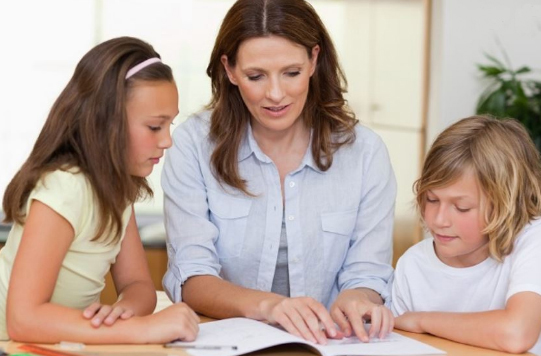
The irony is that parents — who have for the most part been left in the dust by the education system for the last 10 to 20 years (as things have become more systematized and corporate in the BC education system), are finding their place to shine. Some parents may not like having been thrust into the role of home-schooling instructor. But for many, the current conditions bring to light that — year by year — parents became more of an external audience than a participatory one, sending their children off into the care of the state while they headed off the work where they have been chained to the grind of turning the wheels of commerce.
Most people have almost forgotten what was like to have a stay-at-home parent, or at least a household without financial distress. Not even some two-parent families today can comfortably make ends meet (which is no surprise to many, except perhaps in old economic frameworks at the fedearl level that are now being laid bare for their blind ignorance of the plight of so many Canadians).
Parents having to be so necessarily (or by career choice) focused on their financial concerns has in a sense left many children flapping in the wind between two worlds. It should be no surprise that challenges to mental well-being had reached a near crisis-point for many youth in the last 10 years or so.
It’s good that the BC education system has paid attention to addressing ‘mental health’ in recent years, but treating it as a problem (requiring well-intentioned ‘fixing’ of the individual) rather than seeing it as a symptom of a lopsided socioeconomic system has been tough to watch, and unfair to so many children and families.
A virus that forces adaptation:

COVID-19 is no longer ‘just’ a virus. It is a socioeconomic game-changer, of a kind from which there is no return to previous ways. We are now ‘living in a time of COVID-19’… the viral pandemic has become a killer of the socioeconomic machine.
While the coronavirus called COVID-19 causes respiratory illness that spreads insidiously … attacking most unkindly those with frailer human bodies (the elderly, the immuno-suppresed, and anyone with comorbidities such as cancer, heart or lung disease), we are seeing its socioeconomic power. The disruptive power of an infectious pandemic is fracturing economic and social systems, sending each of us and all of us reeling in one way or another.
Revealing gaping holes:

But when things crack and fall apart, light gets through. We’ve clearly seen how the social safety net is finally revealing its gaping holes to the federal and provincial governments (including two emergency sittings of the House of Commons to make massive repairs to well-intentioned financial rollouts for individuals and businesses, in just a matter of weeks).
Self-employment, gig workers, artists, and families barely making ends meet from month to month — those who have been living that reality have been suffering and calling out for years — into a wilderness of disparity-blind leaders in a system that worked for some and not the rest.
COVID-19 has fast brought to light that no one should or can be left behind in a society that seeks to continue functioning as it puts itself back together.
Morphing the BC Education system:
The benefit to the education system in BC — thanks to COVID-19 — is to now rapidly see how the education system has been become burdened (rightly or otherwise) with the social safety-net needs of disadvantaged families, and less so about achieving highly-attuned academic excellence.
For years now it’s been presumed and even articulated by many a school trustee that the ‘smart kids will manage fine’, with almost a dismissive attitude toward the intellectually gifted in favour of the social goal of making sure that everyone can just get along. Perhaps out of COVID-19 society will recapture the best of their best and not apologize for shining a light on those who shine.
New leadership emerging:
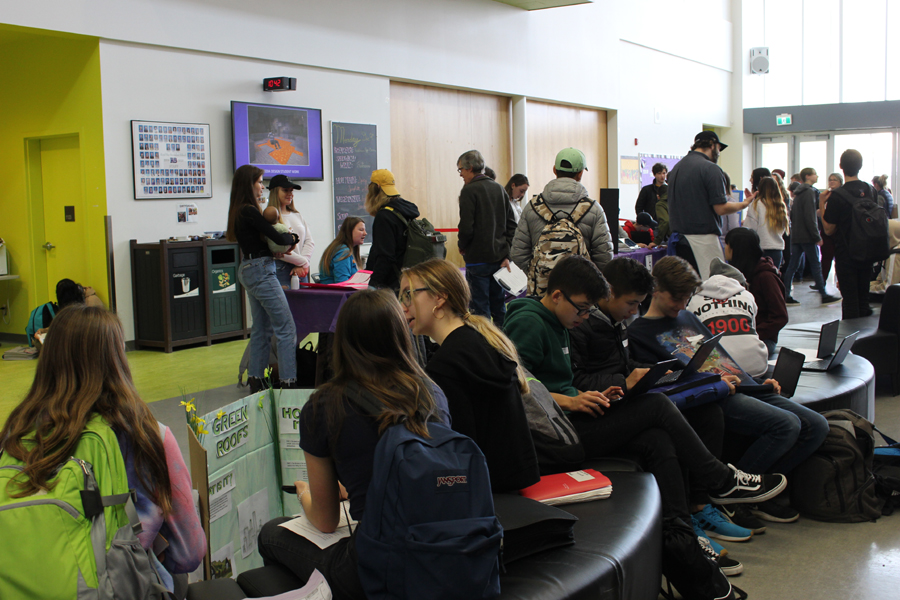
Afterall, there is no better time to foster new leadership among emerging young adult leaders of the 2020-decade. We’re going to need their pent-up frustration — combined with honouring their wit — to guide us into new ways of being. With this focus of societal purpose and finally the room and breathe outside of a corporate-style containment in education, the Millennials, boomers, and elderly will find themselves lucky to be led by a fresh batch of young adults.
Today’s youth who are at the tail end of their high school years (Grades 10 to 12) and probably also students in early years of post-secondary — are soon to be thrust into a post-COVID world in which there is an opportunity to recreate society anew.
No doubt impacted by the sheer gut-wrenching realities of COVID-19 (self-isolation, physical distancing, the specter of untimely death among family and friends, and probably financial impacts as well), today’s graduating youth will be set free into uncharted territory of community leadership. Like in the ‘Roaring 20’s’ after the 1918-1919 Spanish Flu and similarly after World War II, society will look much different now.
Pre- and post-COVID:
Describing our world as pre-COVID (the previous normal) and post-COVID (the ‘new normal’) will apply in education as well. It will be interesting to see which aspects of BC Education (and more specifically at the district level) are impacted and dramatically changed.
We can be sure that Internet technology (IT) including bandwidth stability and capacity will be lauded and now be put at the top of the pedestal in school district budgets going forward. Without remote communications, COVID-19 would not be a bronco ride that is presently being made bearable and in fact enabling a relatively smooth transition between classroom and remote learning.
The role of teachers:
While an amazing teacher has always stood out in each of our lives as having an indelible impact, this COVID-19 journey will remind us of the wide range of skills that teachers bring to our students and by extension to their families. Turning on a dime to pull out of the classroom and into cyber space for full program delivery is showcasing the skills, passion and commitment of our educators in BC.
It will be interesting to see what new curriculum packaging is developed and which of it is maintained once in-classroom learning begins to be phased back in.
The role of schools:
Up for the most careful examination after COVID-19 will be the interface between social services and education. Will school breakfast/lunch support for low-income families still be under the school umbrella or will better financial support be provided to families through the work world and the tax system? Will special-needs children be integrated into mainstream classrooms or (as in some larger cities in Ontario) be honoured in their own learning streams and schools where resources can be fully and easily applied?

How will the experience now of learning-from-home cause changes to the future learning experience in BC? As physical distancing is slightly relaxed over time, will perhaps classrooms be staggered with some students there in the morning and others in the afternoon (with remote learning done the rest of the time), or perhaps schooling will be one-week-on, one-week-off (so as to reduce the risk of cross-contamination)? Will students, teachers and families find looser schedules more appealing or disruptive? How will schools maintain the sort of control they’ve had over the classroom environment (for the purpose of cohesion and consistency of curriculum delivery) when students are now so broadly dispersed?
In recent years, school districts have become nearly obsessed with issues of liability, confidentiality and containment of process. If and when students aren’t under the roof of a school, how do any of those liability issues become impacted?

And while school systems across Canada have for decades tried various ways to provide ‘enrichment’ or higher level streams for academic achievements, perhaps it’s time to appreciate the societal resource that the brightest minds are and let them shine without apology among their school peers for the benefits they can bring to all.
COVID-19 is giving us all some time in self-isolation to review what was, what is, and what can be. For the delivery of education to our children — which is an investment in all of our futures — this is a golden opportunity to re-gig the system to even better outcomes than BC has achieved in recent years.
Footnote on SD62:
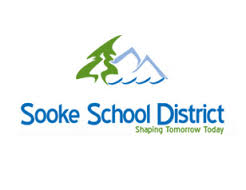
The Sooke School District (SD62) that delivers public education in the west shore (for families in Langford, Colwood, Highlands, parts of View Royal, Metchosin, Sooke and Juan de Fuca — with school buildings in Langford, Colwood and Sooke) has — along with all the other school districts — been focussing on the torrent of changes that needed to happen virtually overnight due to COVID-19.
But soon we will hear about how teachers and students have fared, how CUPE staff have adapted to other roles as needed, and how in-classroom activities have continued for some sectors. It will also be interesting to hear how the 2018-2021 strategic plan has held up as a guiding document through such unprecedented times.
How will the ever-expanding SD62 school bus transportation network be affected now? Without thousands of children to be transported to and from schools daily, how are transportation services, fleets and jobs affected? Even once social-distancing is relaxed, there will be a period of phasing-in that could take more than a year.
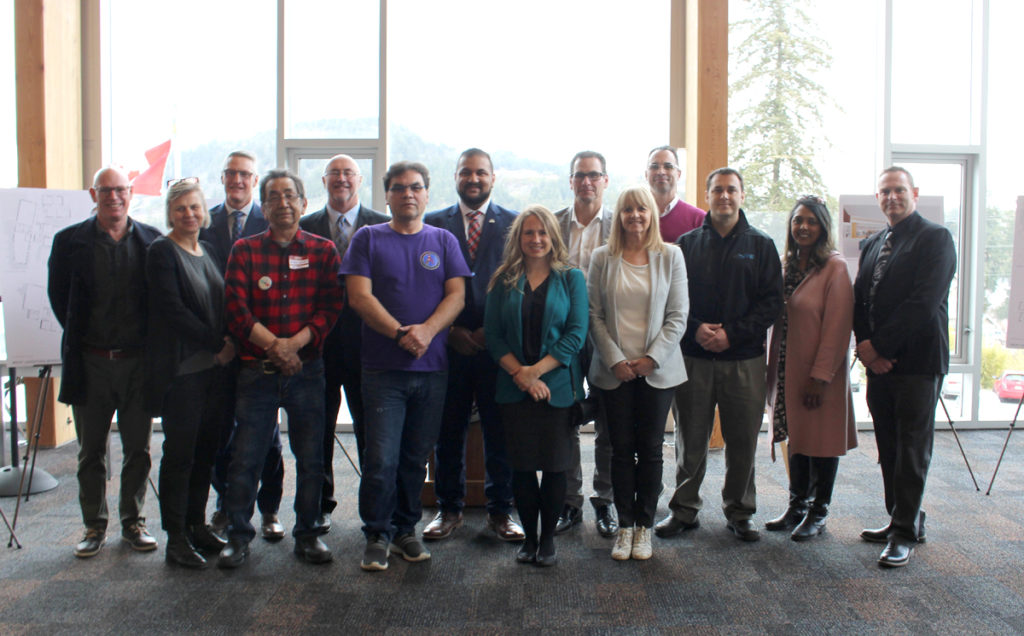
And in particular, it will be important to know how the robust SD62 facilities plan (including two new schools in West Langford — names and designs for which were announced on the cusp of COVID-19, on March 12) –that were set to open in September 2022 but for which construction has yet to begin — will now pan out.
The next SD62 public board meeting is scheduled for Tuesday April 21. It is not confirmed yet whether public participation will be possible by teleconference.
====== About the writer:
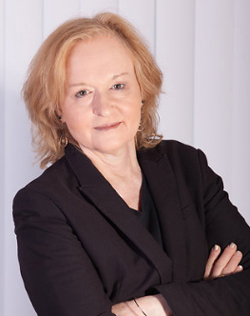
Mary P Brooke, B.Sc., Cert PR is the editor and publisher of West Shore Voice News, a news service based out of Langford and serving attentive readers of the west shore and south Vancouver Island area. Raising her family of four through the education system in BC during 1990-to-2015, Mary has witnessed firsthand the pitfalls in education under the previous provincial government (particularly funding reductions which led to the ballooning of class sizes and diminished classroom resources, closing of libraries, leaving playground development to PACs, and elimination of a variety of special services). Fortunate to have experienced the strident Ontario public education system in the 1960s and 1970s, then studying at various universities, developing adult curriculum for journalism and business, operating an e-learning portal during the dot-com heyday, and seeing the advancements in BC education (curriculum and broader attention to social development) in the last few years, Ms Brooke keeps an eye on education as the fundamental plank for personal freedom and achievement in a civilized society (notably critical thinking, civic participation, and economic independence). Mary Brooke has followed education news at the board level in the west shore since 2014.


